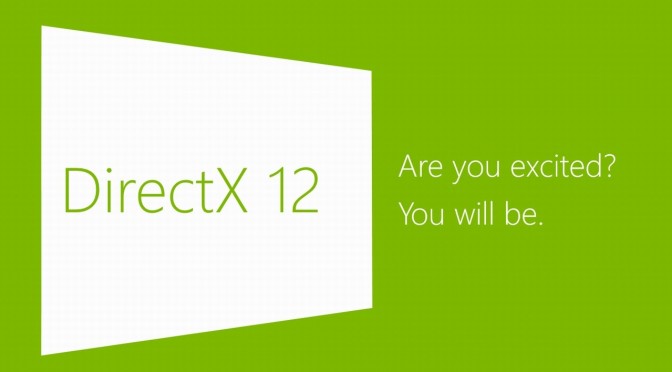Microsoft has released a new update for its PIX tool that will help developers better optimize their titles. In case you didn’t know, PIX is a performance tuning and debugging tool for game developers, and its latest beta version lets developers analyze the performance of DirectX 12 games.
PIX supports both UWP and Win32 games, can debug and analyze the performance of Direct3D 12 graphics rendering, offers captures to the developers for undestanding the performance and threading of all CPU and GPU work carried out by their game, and provides insight into the memory allocations made by their game.
This new update for PIX introduces a system monitor that displays real-time counter data while a game is running. This system monitor displays statistics like fps, frame duration, and sync interval, as well as the GPU memory usage.
Moreover, this new patch for PIX improves callstack resolution performance when opening timing captures, fixes crashes caused by HLSL syntax highlighting, and comes with a more robust pixel history.
Here is the complete changelog for PIX’s latest update:
- System Monitor displays realtime counter data while a game is running
- Present statistics (fps, frame duration, sync interval)
- GPU memory usage (commitment, budget, demotions)
- Custom title counters reported by the WinPixEventRuntime PIXReportCounter API
- Continuous timing captures
- Record timing data into a circular buffer (rather than just capturing a fixed duration), then use the System Monitor graph view to select a time region of interest and open that as a timing capture
- Timing capture event list can now be ordered by either CPU or GPU execution time
- Timing capture GPU timeline uses flame graphs to display nested marker regions
- More robust pixel history (many bugfixes)
- Fixed crashes caused by HLSL syntax highlighting
- Improved callstack resolution performance when opening timing captures
- Support for Function Summary, Callgraph, Memory and File IO captures of packaged titles

John is the founder and Editor in Chief at DSOGaming. He is a PC gaming fan and highly supports the modding and indie communities. Before creating DSOGaming, John worked on numerous gaming websites. While he is a die-hard PC gamer, his gaming roots can be found on consoles. John loved – and still does – the 16-bit consoles, and considers SNES to be one of the best consoles. Still, the PC platform won him over consoles. That was mainly due to 3DFX and its iconic dedicated 3D accelerator graphics card, Voodoo 2. John has also written a higher degree thesis on the “The Evolution of PC graphics cards.”
Contact: Email

